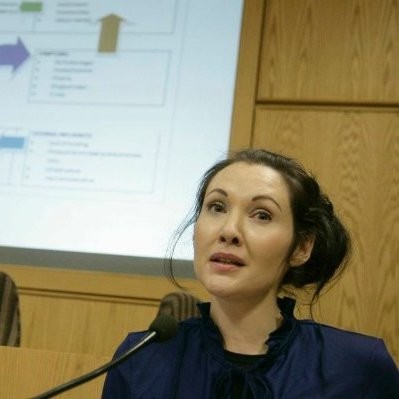Relationship between Marital Commitment and Marital Satisfaction with Self-Conscious Emotions and Self-Coherence married female
Keywords:
Marital Commitment, Marital Satisfaction, Conscious Emotions, Self-CoherenceAbstract
Objective: This research aimed to examine the relationship between marital commitment and marital satisfaction with self-conscious emotions and self-coherence.
Method: A descriptive correlation design was adopted. The sample consists of 160 married female students aged 20 to 65 years studying in Islamic Azad University in Tehran, selected by available method. Data collection tools included the Marital Commitment Questionnaire (MCQ), ENRICH Marital Satisfaction Scale (EMS), the Test of Self-Conscious Affect (TOSCA), and the Sense of Coherence Scale (SOC). Data were analyzed using Pearson correlation coefficient tests and multiple regression analysis.
Results: The results showed that the self-conscious emotion of shame has a significant negative relationship with marital commitment and marital satisfaction of married women (p<0.01), while the self-conscious emotion of guilt and self-coherence had a significant positive relationship with marital commitment and marital satisfaction of married women (p<0.01). Also, the self-conscious emotion of shame (p<0.05) and self-coherence (p<0.01) can predict the marital commitment of married women. However, the self-conscious emotion of guilt did not contribute to the prediction of marital commitment of married women (p>0.05). In addition, the self-conscious emotions of shame(p<0.01) and guilt (p<0.05), and self-coherence (p<0.01) were predictors of married women's marital satisfaction.
Conclusion: In total, self-conscious emotions and self-coherence were able to explain 25% of the changes in marital commitment and 34% of the changes in marital satisfaction of married women. As a result, feelings of shame and guilt as self-conscious emotions of married women and their psychological coherence to adapt and improve themselves in married life can predict their marital commitment and satisfaction.
Downloads
Downloads
Published
Issue
Section
License
Copyright (c) 2023 Mohammad Mehdi Moghadamnia, Bentol Hoda Soleimani Farsani (Author)

This work is licensed under a Creative Commons Attribution-NonCommercial 4.0 International License.



















